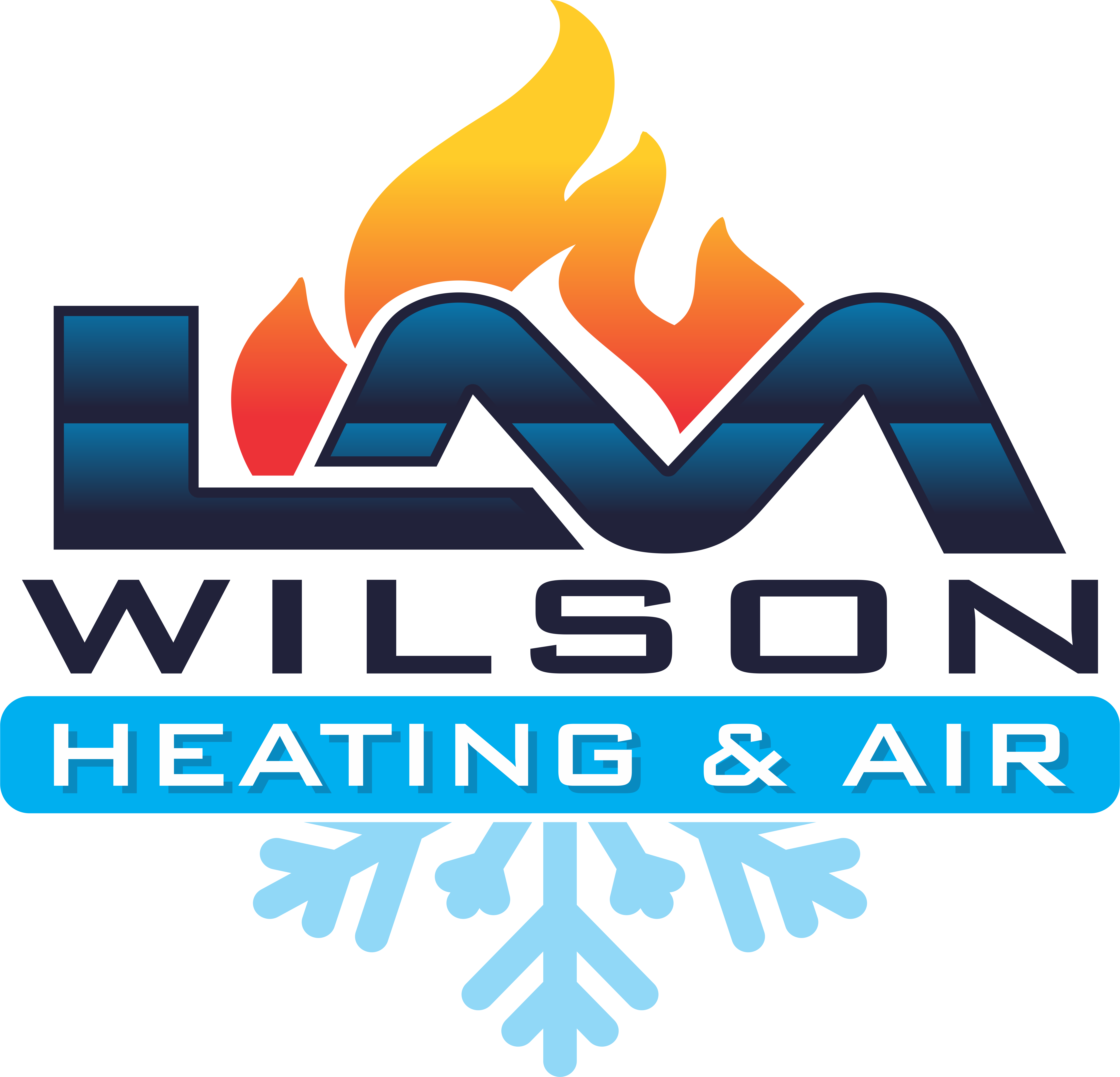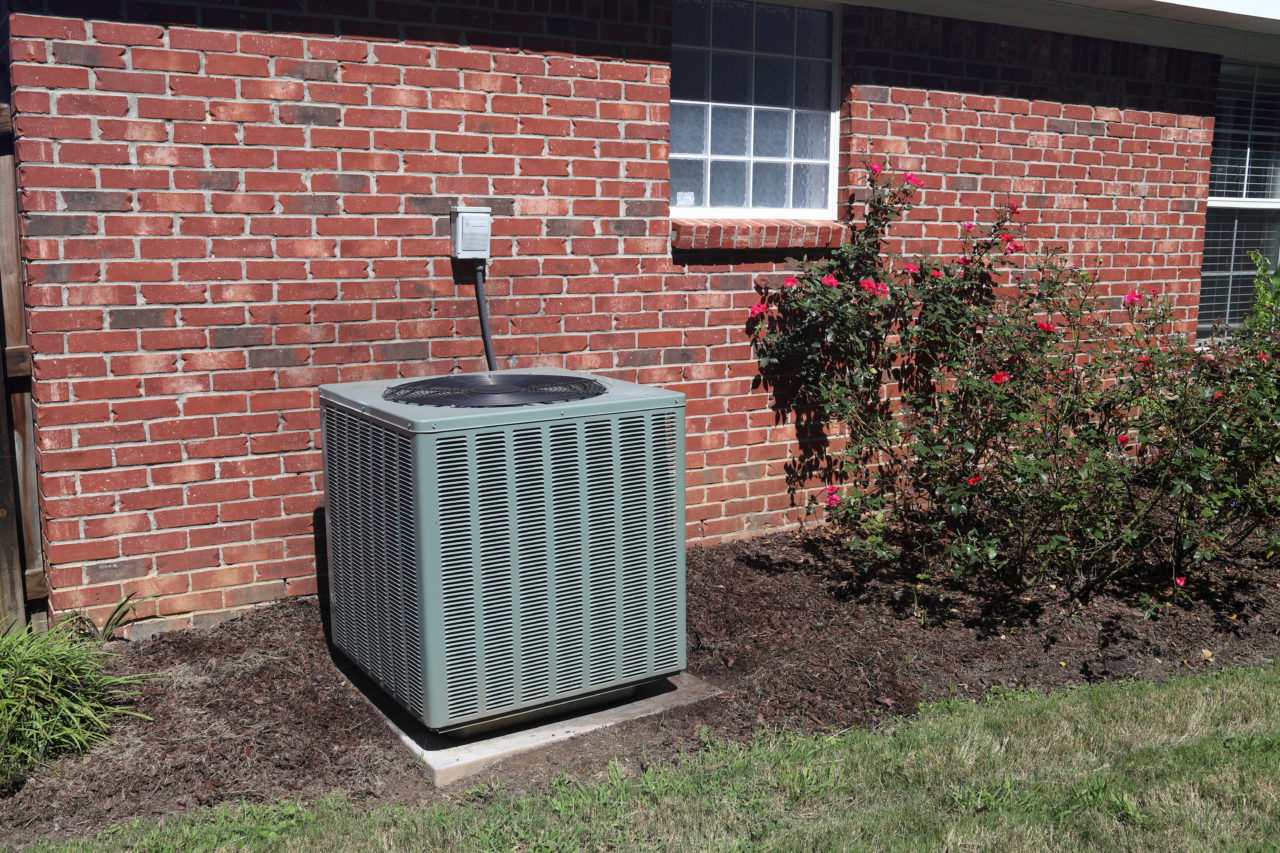When it comes to keeping your home comfortable, choosing the right size HVAC unit is essential. An oversized or undersized system can lead to higher energy bills, uncomfortable temperatures, and more frequent repairs. For homeowners in North Carolina, the importance of selecting the correct HVAC size is especially crucial due to the state’s diverse climate, with hot summers and chilly winters. But how do you determine the right size for your home? In this guide, we will walk you through the factors that influence HVAC sizing, how to calculate the appropriate size for your North Carolina home, and why it matters for both your comfort and energy efficiency.
Why HVAC Sizing is Important
The size of your HVAC unit is typically measured in tons, and one ton of cooling is equivalent to the ability to cool 12,000 BTUs (British Thermal Units) per hour. A unit that is too small will struggle to cool or heat your home, causing it to run longer than necessary, leading to increased wear and tear. On the other hand, an oversized HVAC unit will cycle on and off too frequently, wasting energy and failing to properly dehumidify your space.
In North Carolina, the need for the right size HVAC unit is magnified by the state’s seasonal temperature swings. Summers can bring scorching heat and humidity, while winters can be cold and damp, especially in the mountains. In both situations, your HVAC system needs to work effectively and efficiently to maintain a comfortable living environment.
Factors That Affect HVAC Size
Several factors will impact the HVAC unit size required for your North Carolina home. These factors include:
Square Footage of Your Home
The total square footage of your home plays a major role in determining the size of your HVAC unit. Larger homes require more power to heat and cool than smaller homes. Generally, you can expect to need 1 ton of HVAC capacity for every 600-1,000 square feet of space, depending on other factors like insulation, layout, and climate zone.
Insulation and Windows
The quality of insulation in your home and the type of windows you have significantly affect the heating and cooling efficiency. Homes with poorly insulated walls and windows will lose more heat in the winter and absorb more heat in the summer, requiring a larger HVAC unit to maintain comfort levels. Upgrading insulation or installing energy-efficient windows may reduce the size of the HVAC unit needed.
Climate Zone
North Carolina is divided into three climate zones: Zone 3 (coastal areas), Zone 4 (central areas), and Zone 5 (mountain areas). Each zone experiences different temperature extremes, which will influence the HVAC unit size. For example, homes located in the mountains may require a more powerful system to handle the colder temperatures during the winter months.
House Orientation and Layout
The way your home is positioned and laid out can impact the amount of sunlight and wind exposure it receives. Homes that receive a lot of direct sunlight may overheat in the summer, requiring additional cooling capacity. Additionally, if your home has high ceilings or an open floor plan, it may require a larger unit due to the increased air volume that needs to be heated or cooled.
Number of Occupants
More people in your home generate more heat and humidity. The average person emits about 400-600 BTUs per hour, which will impact the size of the HVAC unit needed. Homes with more people will likely need a larger HVAC system to keep up with the increased heat load.
Appliances and Electronics
Large appliances, such as ovens, refrigerators, and dryers, as well as electronics like TVs and computers, also produce heat. If your home has several of these items, it may require an HVAC unit with more cooling capacity to offset the extra heat they generate.
The HVAC Sizing Process
To accurately determine the size of your HVAC unit, you should work with a licensed HVAC contractor who can perform a Manual J Load Calculation. This comprehensive assessment takes into account all of the factors mentioned above and calculates the exact size of the system needed for your home.
Here’s a simplified overview of the sizing process:
-
Measure the square footage of your home – Include all livable spaces, including finished basements or attics.
-
Assess insulation and window quality – Homes with better insulation or double-pane windows will typically need a smaller system.
-
Determine your home’s airflow needs – High ceilings or open floor plans require more airflow and may necessitate a larger system.
-
Account for temperature fluctuations – If you live in a region with extreme temperature swings, you may need a more robust HVAC unit to handle these shifts.
-
Consider internal heat sources – More people, appliances, and electronics generate more heat, which can increase the size of the unit you need.
Choosing the Right HVAC System for Your North Carolina Home
Once you know the correct size of your HVAC unit, it’s time to choose the right type. In North Carolina, homeowners typically choose between the following systems:
Central Air Conditioning and Heating
This is the most common HVAC system, consisting of a central unit that distributes cool or warm air throughout your home via ducts. These systems are ideal for homes with existing ductwork.
Ductless Mini-Split Systems
For homes without ductwork, a ductless mini-split system offers a great alternative. These systems consist of an outdoor compressor and indoor air handlers that can be installed in individual rooms. This option is perfect for homes that are difficult to retrofit with traditional ductwork.
Heat Pumps
Heat pumps are efficient systems that provide both heating and cooling. They work by transferring heat rather than generating it, which makes them energy-efficient. In North Carolina, where winters are relatively mild, heat pumps are a great choice for year-round comfort.
Geothermal Heat Pumps
For a more eco-friendly option, geothermal heat pumps use the Earth’s natural heat to regulate indoor temperatures. While the installation cost can be higher, they offer long-term energy savings and are perfect for those looking to reduce their carbon footprint.
Energy Efficiency Considerations
When selecting your HVAC unit, energy efficiency is an important factor to consider. The SEER (Seasonal Energy Efficiency Ratio) rating measures the efficiency of air conditioning systems, and the HSPF (Heating Seasonal Performance Factor) rating measures the efficiency of heating systems. In North Carolina, an HVAC system with a high SEER and HSPF rating will provide better energy savings over time.
Look for HVAC systems with a SEER rating of at least 14 and an HSPF rating of 8.2 or higher. These ratings ensure that your system is energy-efficient and will help keep your utility bills manageable.
Choosing the right size HVAC unit for your home in North Carolina is crucial for maintaining comfort and minimizing energy costs. Factors like square footage, insulation, climate, and the number of occupants all play a role in determining the ideal system size. It’s essential to work with a professional HVAC contractor who can perform a thorough load calculation to ensure your system is appropriately sized.
At LM Wilson Heating & Air, we understand the unique HVAC needs of North Carolina homeowners. Whether you’re replacing an old system or installing a new one, our team of experts can help you choose the right HVAC system for your home’s specific needs. Contact us today at 336-663-1370 for a consultation or to schedule an installation.


